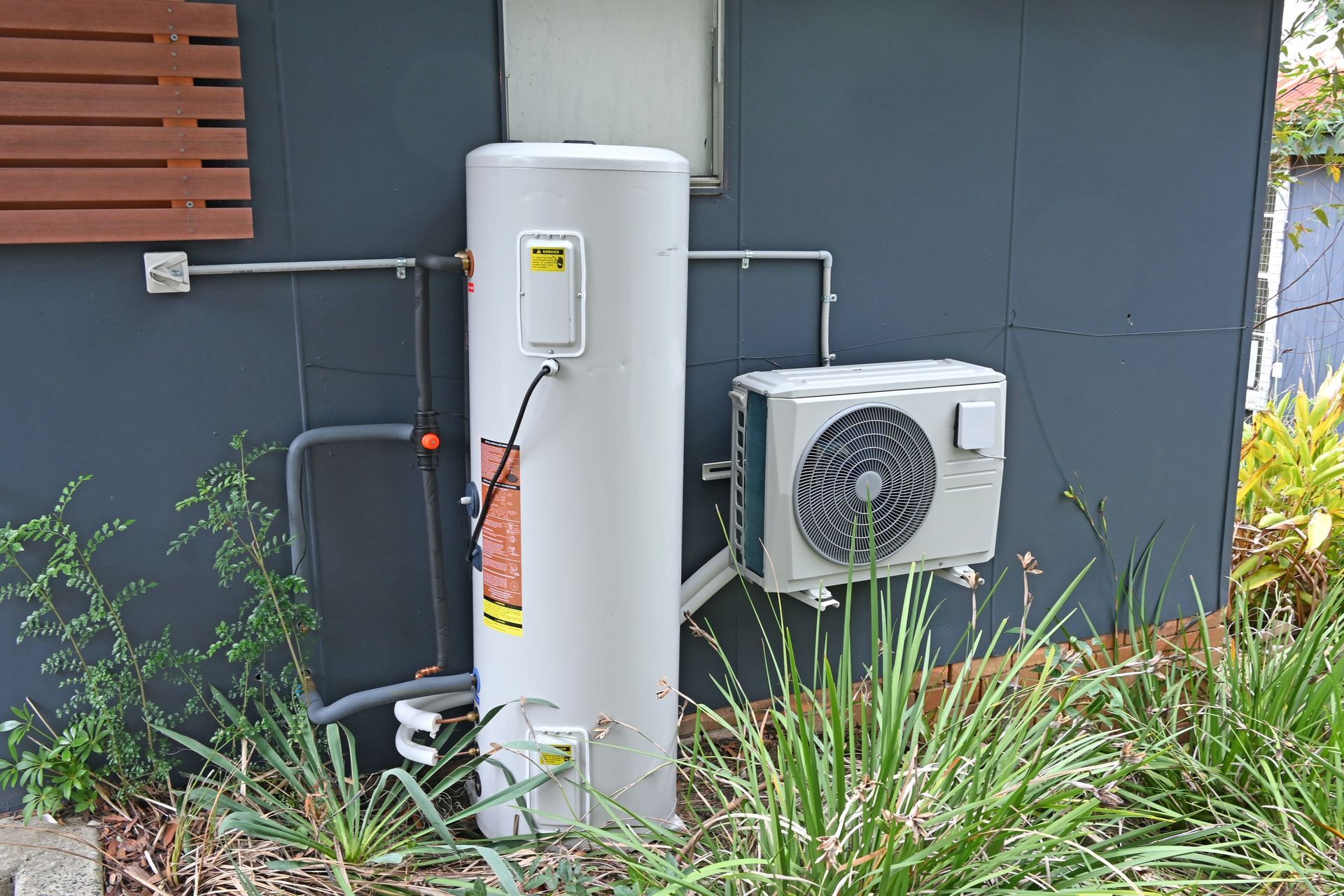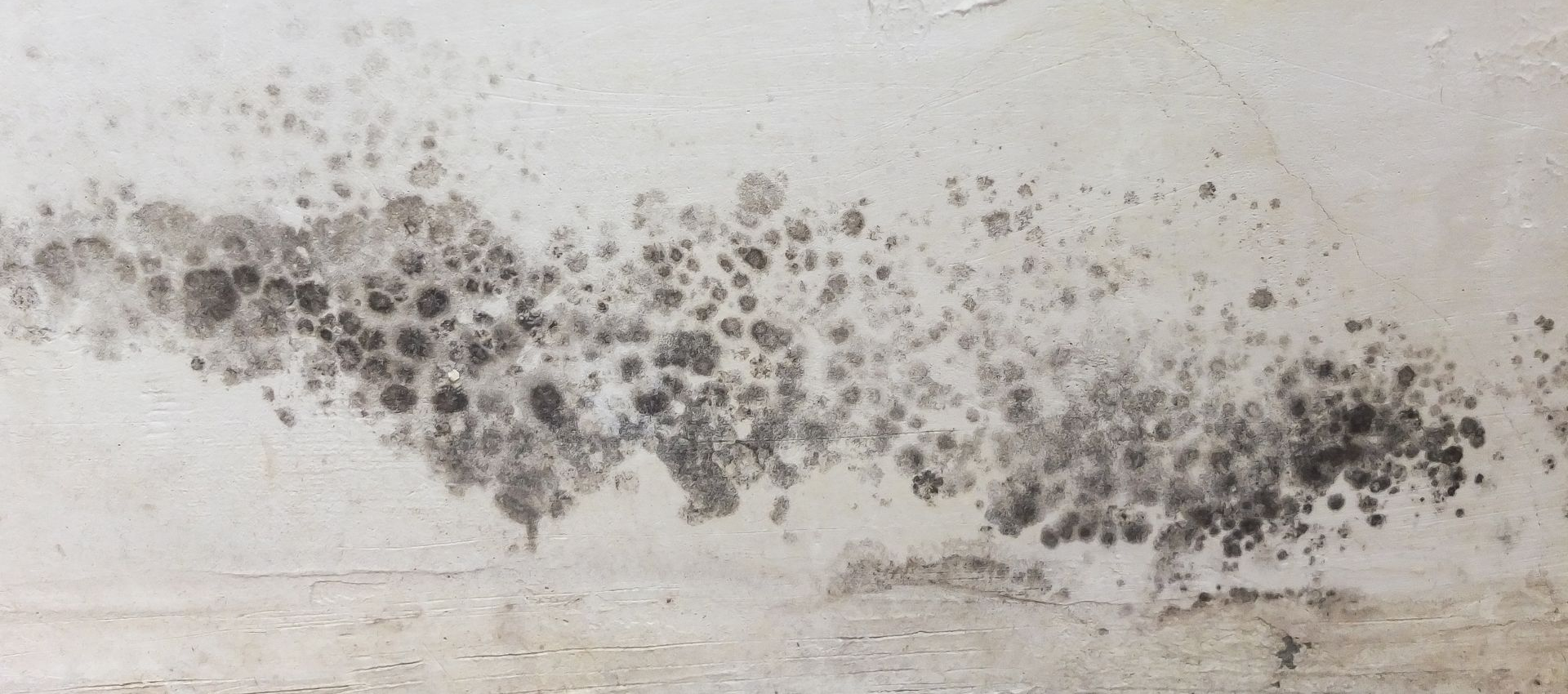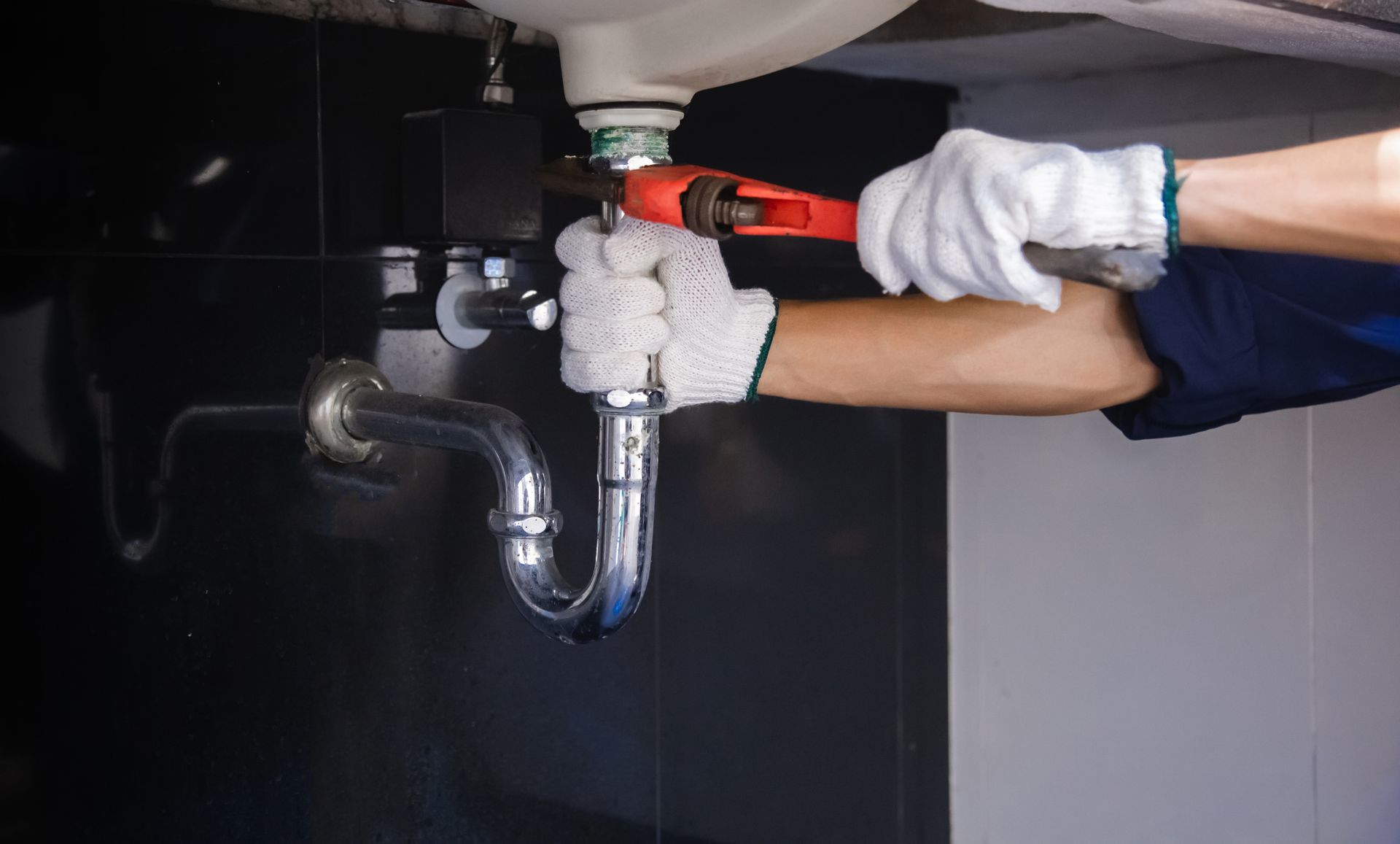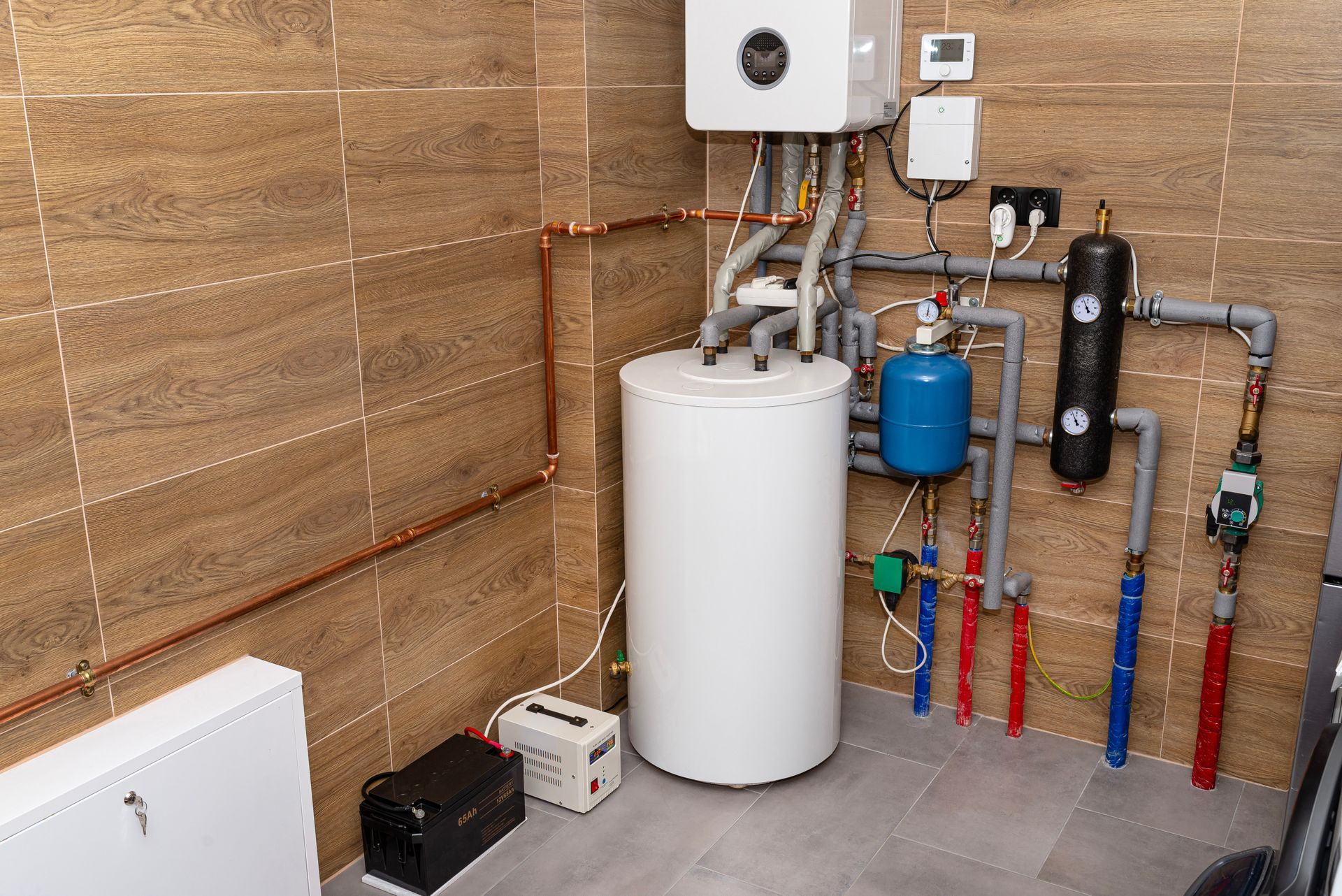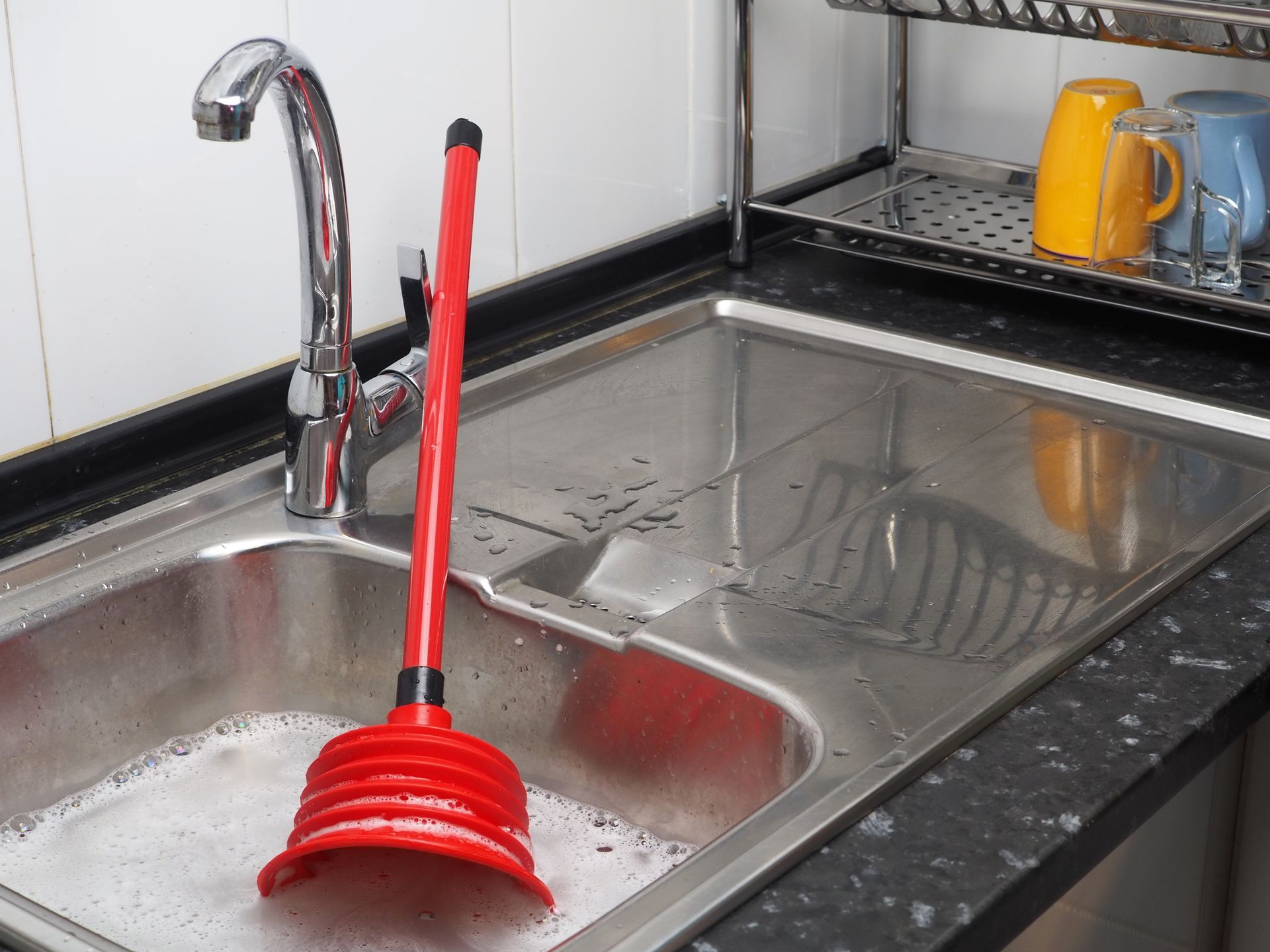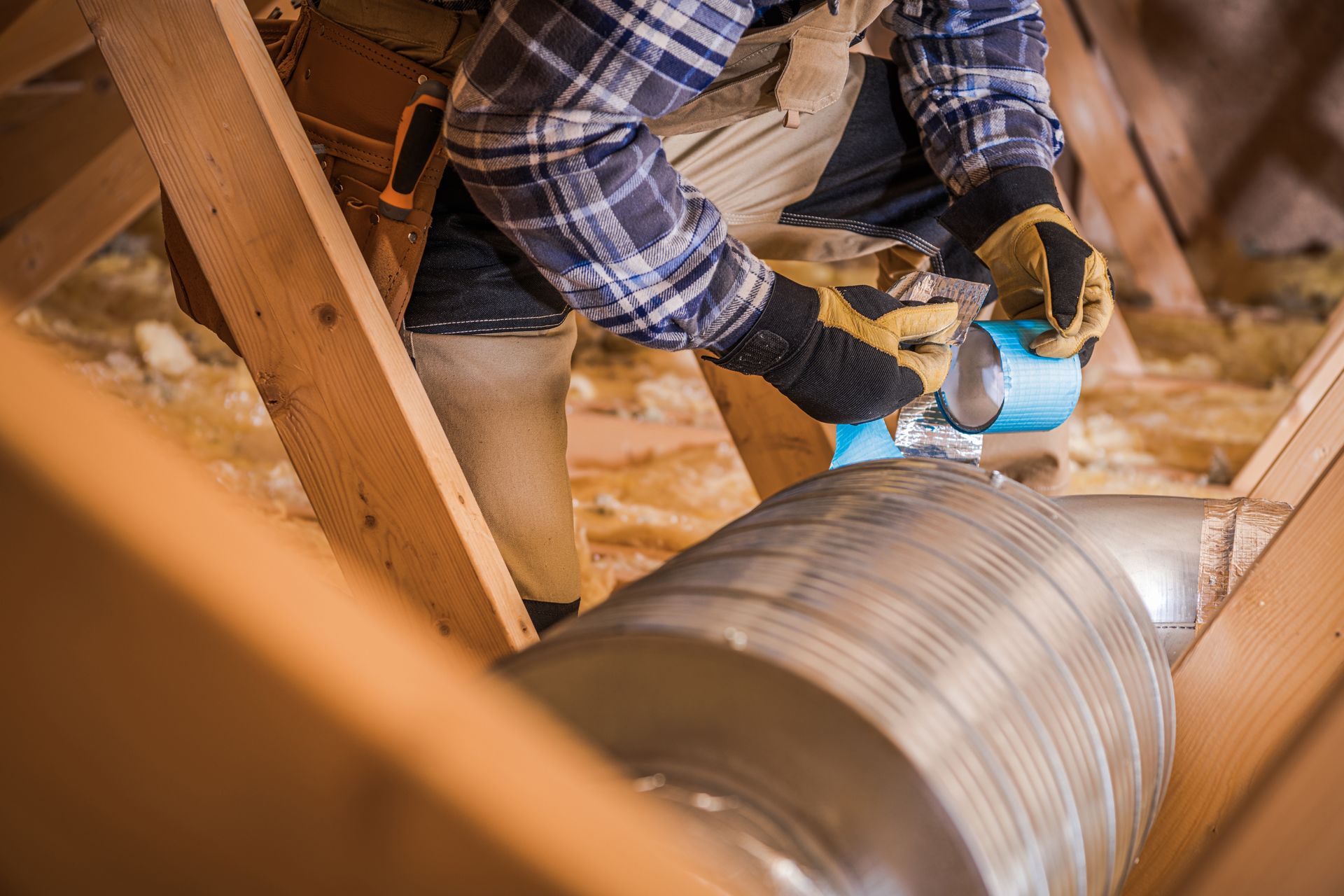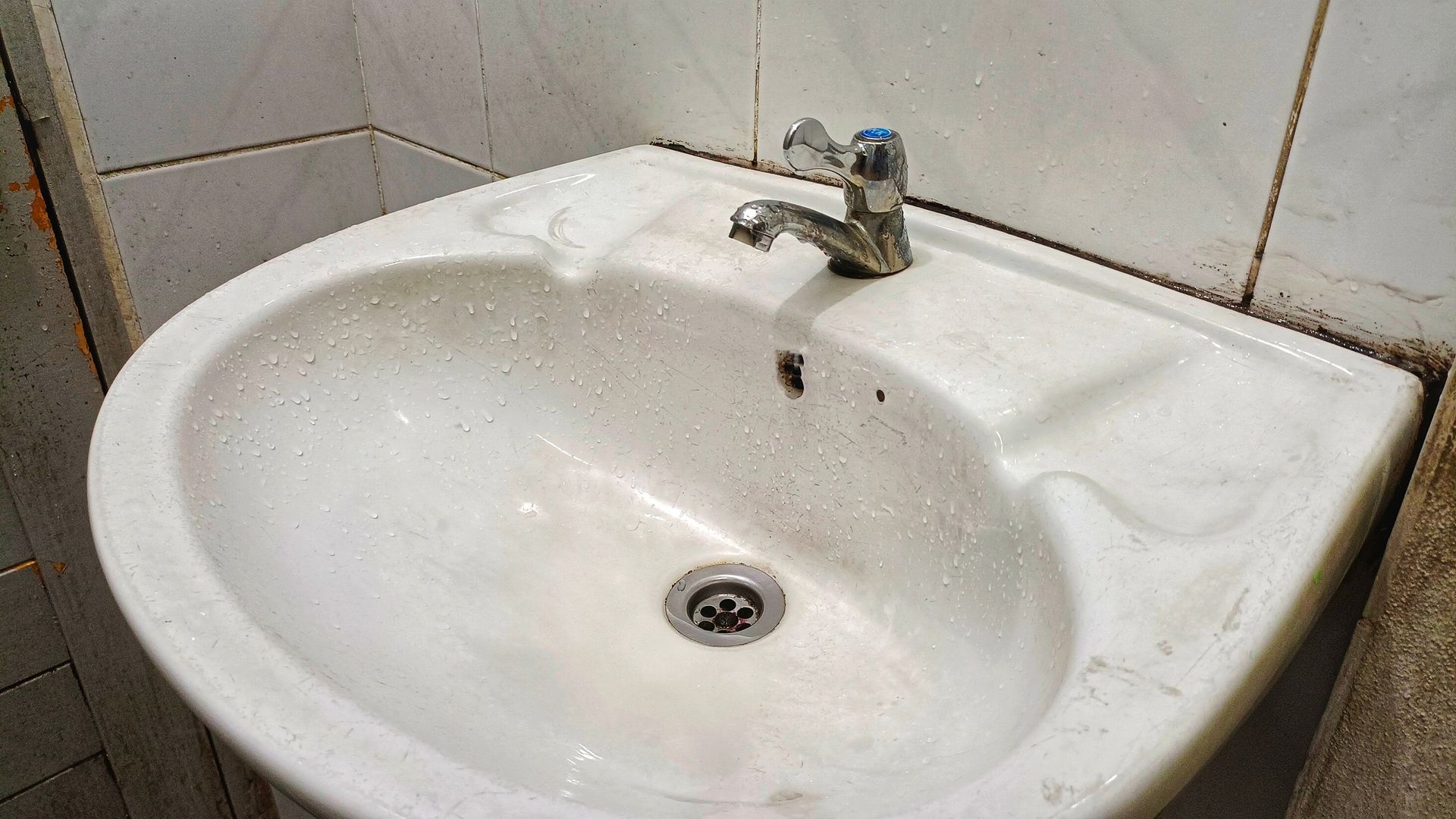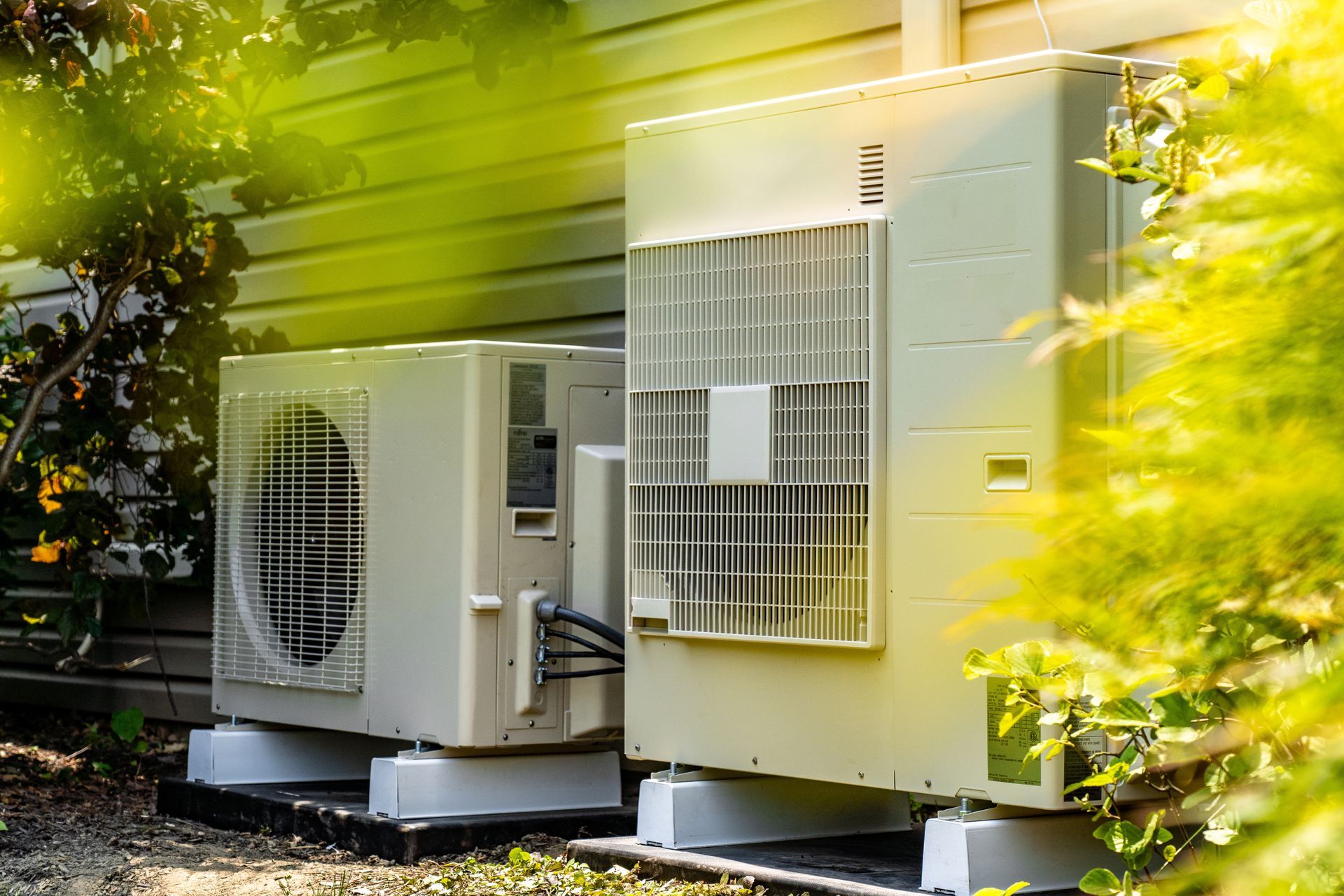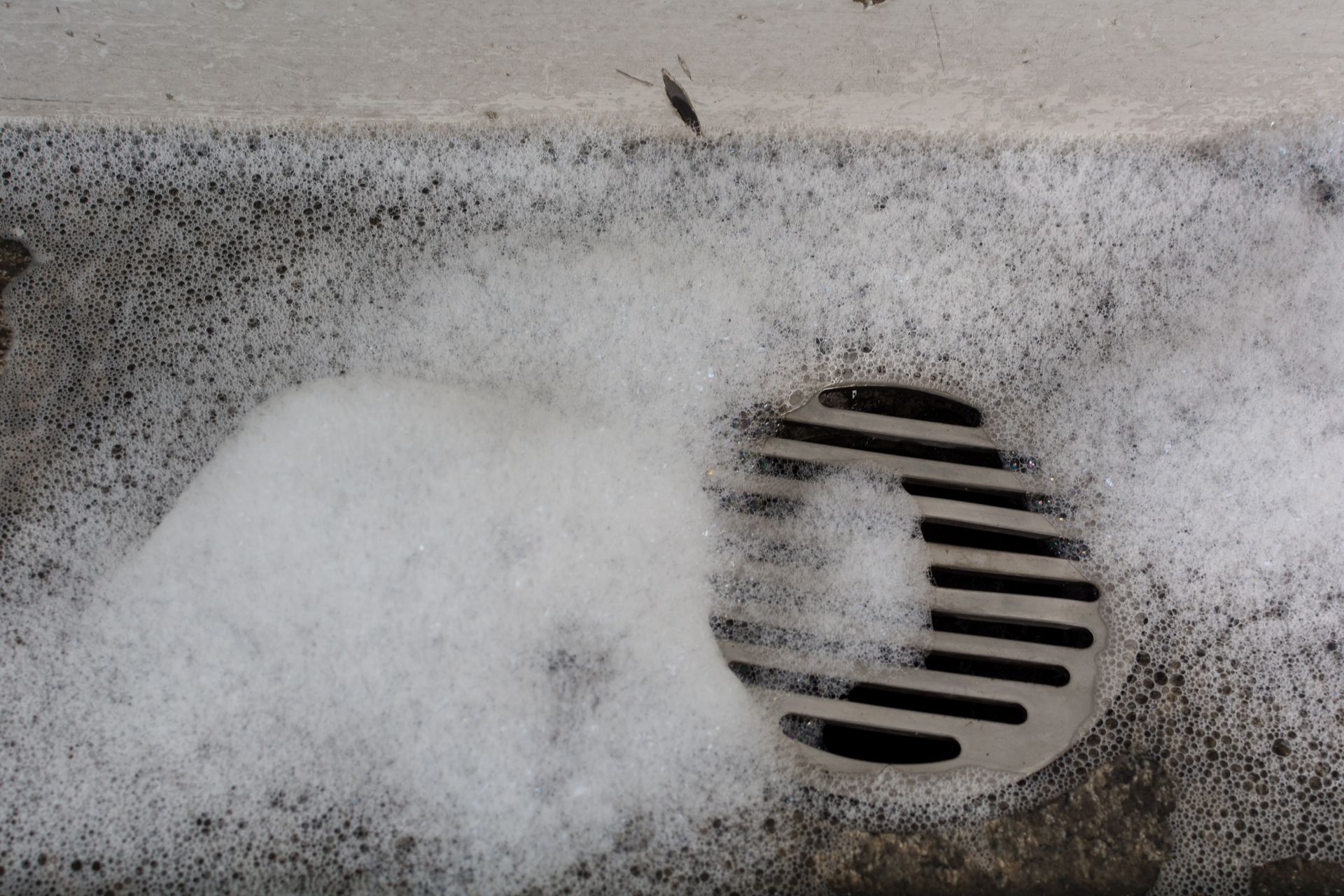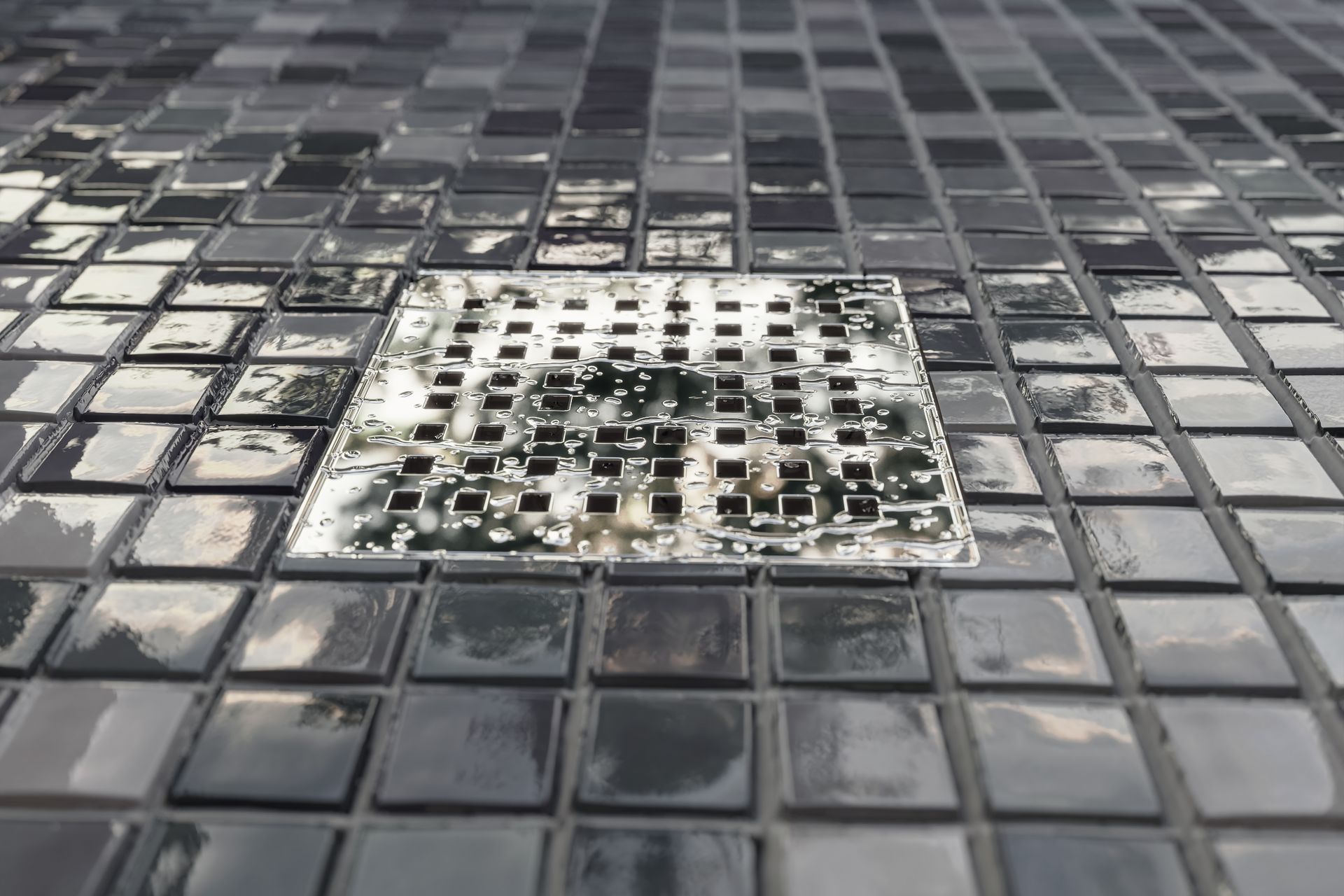Noisy Water Heater? Here's What Your Water Heater Is Trying to Tell You
Your water heater operates seamlessly, providing hot water whenever needed. But when it starts making strange noises, it's not just being noisy—it's trying to tell you something. Understanding these sounds can help you address potential problems before they escalate into costly water heater repair or replacement.
Homeowners in Warner Robins and Macon, GA, paying attention to these signals is crucial. Ignoring them could lead to inefficient performance, higher energy bills, or a complete system breakdown. At Buzzell Plumbing, we've tackled countless noisy water heaters. We've learned that each sound tells us something. Whether it's a quiet hum or a loud bang, we can help you understand what your water heater is trying to tell you and when it might be time to schedule a water heater repair.
Let's look at the most common water heater noises, what they mean, and how you can address them effectively.
Common Causes of Water Heater Noises
Water heaters are typically quiet appliances. When they start making noise, it's usually a sign that something's wrong. Here's a list of common causes:
1. Sediment Buildup
Over time, minerals and debris from your water supply can settle at the bottom of your water heater tank. This happens more in areas with hard water. As the sediment layer gets thicker, it traps water underneath, causing steam bubbles to burst and making popping or crackling sounds.
Why It Matters:
- Reduces heating efficiency.
- Increases strain on the heating element.
- Shortens the lifespan of your water heater.
What to Do:
Clean your tank once a year to stop sediment from piling up. If the problem persists, professional cleaning or a tank replacement may be needed during a water heater repair.
2. Water Pressure Going Up and Down
When water pressure is high, pipes can shake, which leads to banging or "water hammer." Low pressure can make whistling or screeching noises as water squeezes through tight spaces.
Why It Matters:
- High pressure can harm pipes and fittings.
- Low pressure might point to deeper plumbing problems.
What You Can Do:
Take a look at your water pressure regulator and adjust it if needed. Ask a plumber to check out your plumbing system if the noises continue.
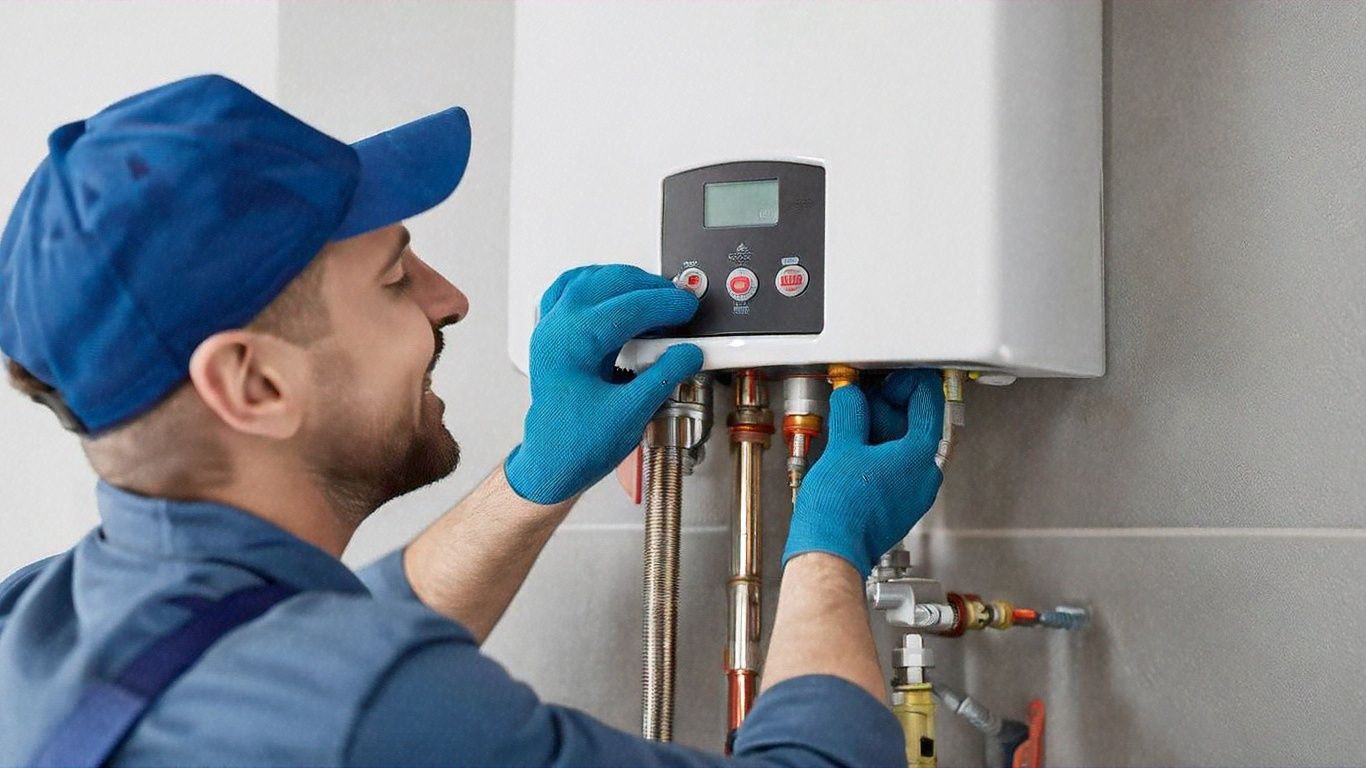
3. Heating Element Issues
Electric water heaters use heating elements to heat water. These elements can become loose or build up mineral deposits over time, which results in humming, sizzling, or hissing noises.
Why It Matters:
- Increases energy consumption.
- Can lead to uneven heating or eventual failure of the element.
What to Do:
Tighten or replace the heating elements as needed. A professional inspection ensures the job is done correctly and prevents the need for unexpected water heater repair.
4. Expansion and Contraction
When water heats up and cools down, metal parts in the water heater expand and contract. This natural process can make ticking or popping sounds in older units.
Why It Matters:
- Normal in small amounts.
- Excessive noise might indicate loose fittings or tank issues.
What to Do:
Monitor the noise level. If it grows louder or more frequently, call a plumber to inspect the unit and determine if water heater repair is needed.
Understanding Specific Sounds
Each noise your water heater makes can tell you something about its condition. Here's what to listen for:
Popping or Crackling
Indicates sediment buildup. Cleaning the tank can help, but severe cases may require professional intervention.
Banging or Hammering
It comes from a water hammer, usually because of high water pressure or pipes that aren't tight. To fix this, put in or replace water hammer arrestors.
Hissing or Sizzling
It is often linked to the temperature and pressure (T&P) relief valve releasing excess pressure. This big safety issue needs quick action if it keeps happening.
Humming or Buzzing
Loose heating elements cause vibrations. The problem goes away when you tighten the elements.
Ticking or Tapping
It happens when metal parts expand and contract. It's normal, but too much ticking might mean calling a plumber to check.
DIY Maintenance Tips
You can do a few things to keep your water heater working well even though some problems need a pro:
- Flush the Tank: Empty the tank once a year to remove built-up sediment.
- Look at the Anode Rod: Take a peek at this self-sacrificing rod every 2-3 years to stop the tank from rusting inside.
- Check the Temperature and Pressure Valve: Make sure this safety part works right.
- Look at the Temperature Setting: Set it to 120°F to save energy and stay safe.
- Put Insulation on the Tank and Pipes: Cut down on heat escape with insulation if your water heater sits in a cold spot.
When to Call a Professional
If your water heater keeps making noise after you've tried to fix it, it's time to bring in an expert. Here's when you need professional help:
- Noises that won't go away even after you've done maintenance.
- Visible leaks or rusty water.
- Fluctuating or insufficient hot water.
- T&P valve problems or concerns about pressure.
- Unit close to the end of its life (8-12 years).
At Buzzell Plumbing, our licensed plumbers can spot and fix water heater issues. From regular upkeep to tricky fixes, we ensure your system is safe, works well, and you can count on it.
Regular Upkeep: The Secret to a Long-Lasting Heater
Routine maintenance is the best way to keep your water heater running smoothly and avoid unexpected water heater repair costs. Schedule annual professional inspections to catch minor issues before they become major problems. Regular care improves efficiency and extends the life of your water heater, saving you money in the long run.
Pay Attention to Your Water Heater
Your water heater makes noise to give you key hints about how it's doing. When you listen to these sounds and fix them, you can stop sudden breakdowns, reduce energy costs, and keep hot water flowing.
If you're dealing with a noisy water heater or want to schedule a preventative maintenance check,
Buzzell Plumbing is here to help. With years of experience serving Warner Robins and Macon, GA, we're your trusted partner in plumbing, including expert water heater repair.
Contact us today, and let's keep your water heater—and your home—running smoothly.
